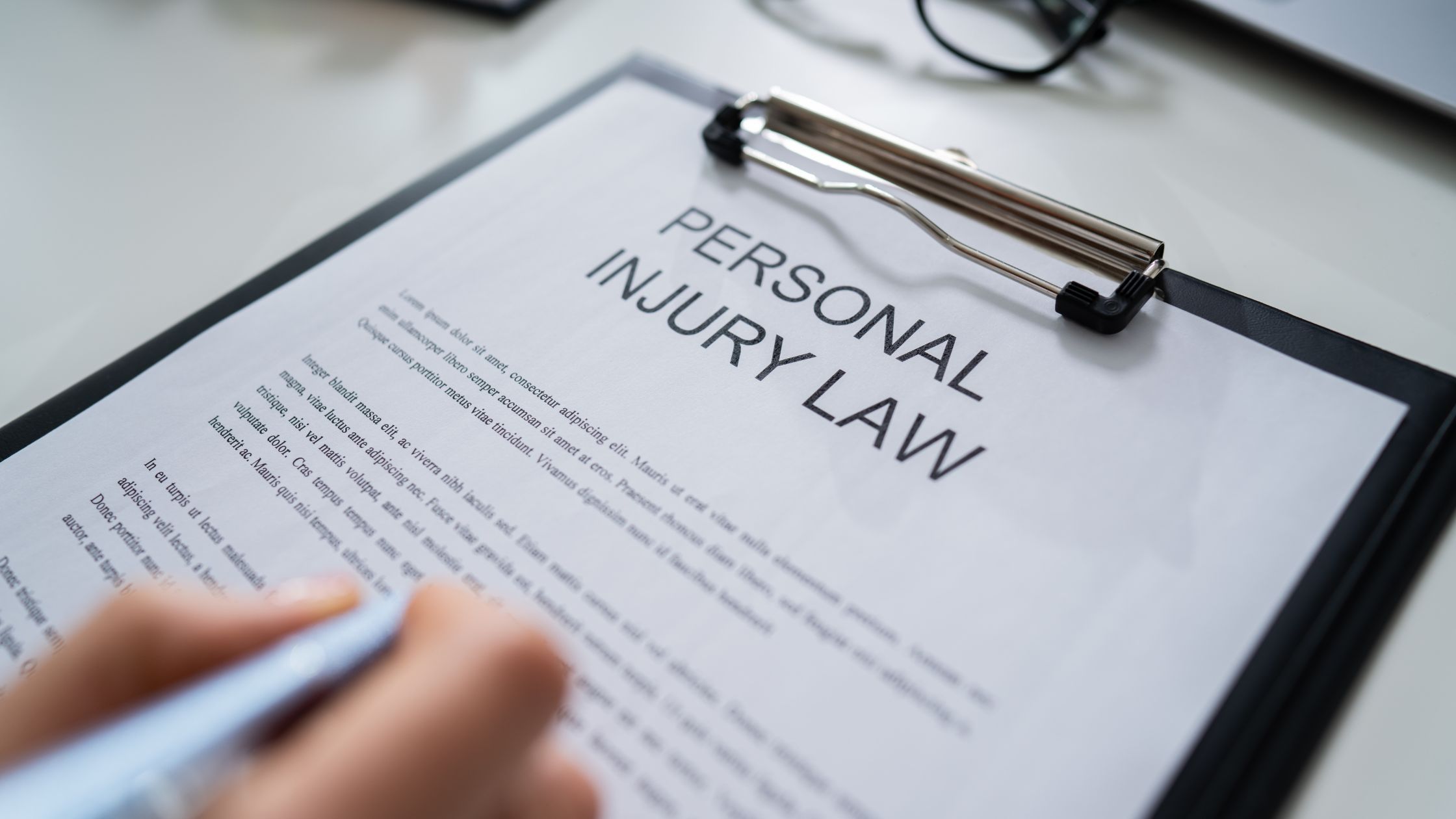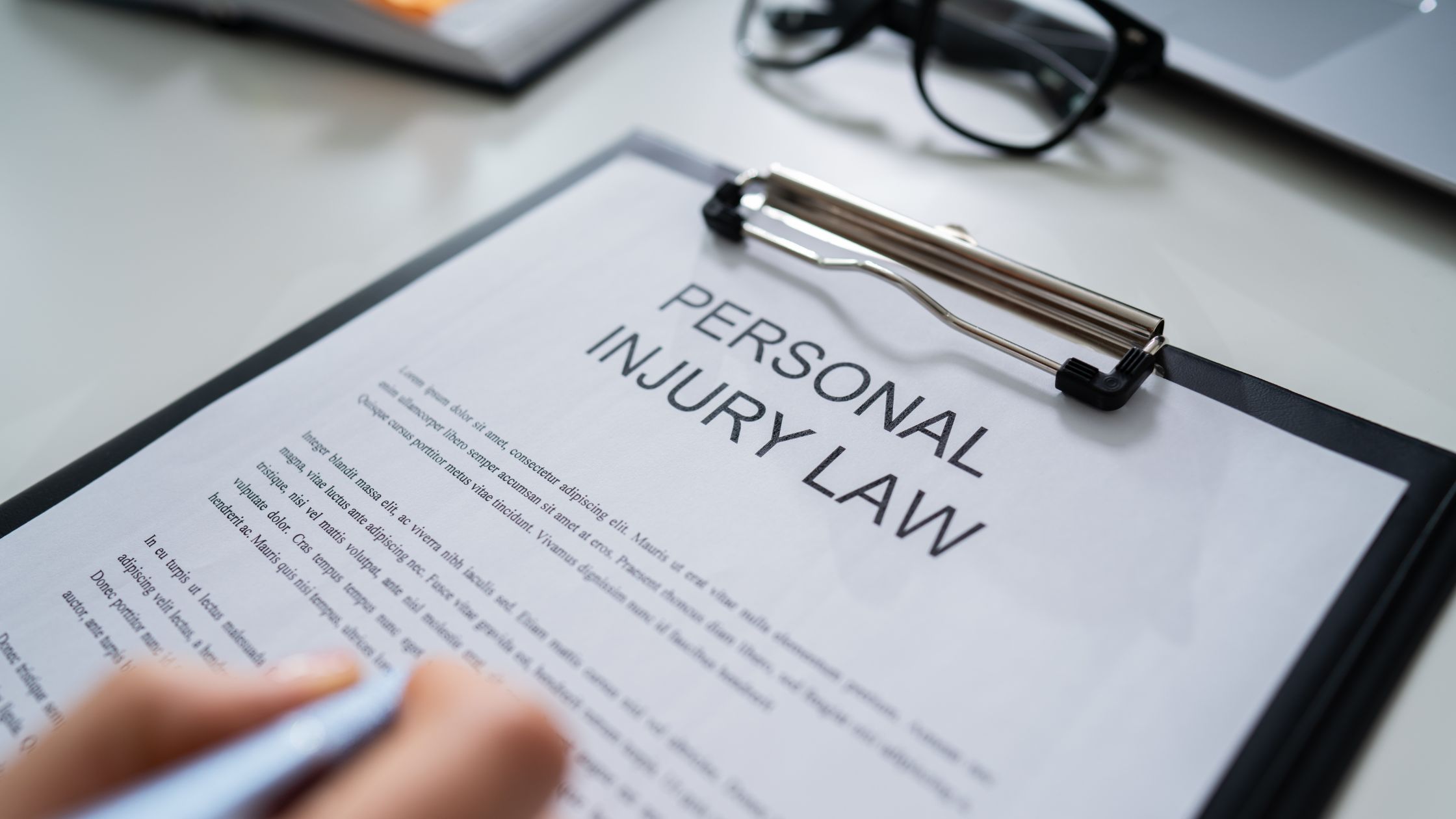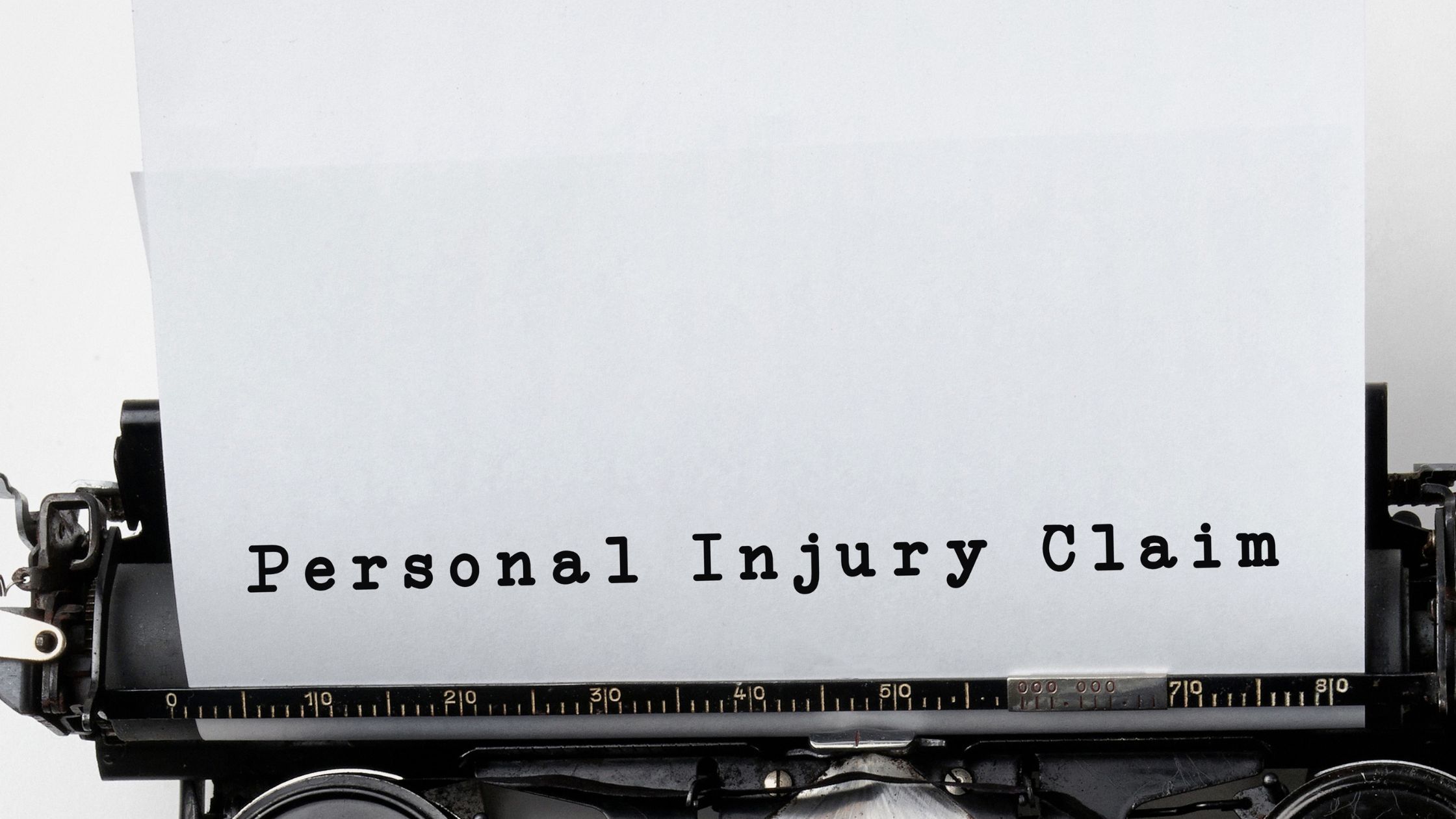It is evident that social media is becoming more ingrained and playing a bigger role in our lives. Generally, people tend to use social media to document events that are happening to them whether in the form of text, photo or video. Undoubtedly, an incident giving rise to a personal injury claim, has a significant impact on people's lives and victims may choose to document their experiences via different forms of social media such as Twitter, Facebook or Instagram.
As a result of the aforesaid, insurance companies increasingly use social media to research Claimants and ultimately, attempt to refute claims on the basis of what the Claimant has posted. Most insurance companies are now employing digital experts to trawl social media sites in order to obtain detailed information.
It is important for Claimants to remember that the entire point of submitting a claim for personal injury is for the Solicitor to recover damages that adequately compensate the Claimant for the injury caused. This becomes a difficult task when the Defendant's representative locates evidence that supports that the Claimants life has not been negatively impacted or that the Claimant is exaggerating their injuries in some way. Such evidence can easily be found when Claimants are continually posting via different social media platforms. By way of example, if a Claimant is involved in a road traffic incident and submits a claim that states that as a result of the aforesaid incident, he/she has been unable to engage in social activities such as tennis and then later posts a photo on Facebook of them playing tennis, their claim becomes increasingly difficult to substantiate. Should such evidence be found by the Defendant's representative, they will use the same to contradict and undermine the Claimants claim.
The best advice is for Claimants to think carefully before they press "post". It may also be beneficial for Claimants to discuss matters with friends and family and also ensure that they do not post any details about the incident. It will be up to the Court to differentiate between what has been posted via social media and what is actually occurring in the Claimants day-to-day life. The moral of the story is, if you aren't sure, then don't post!




















